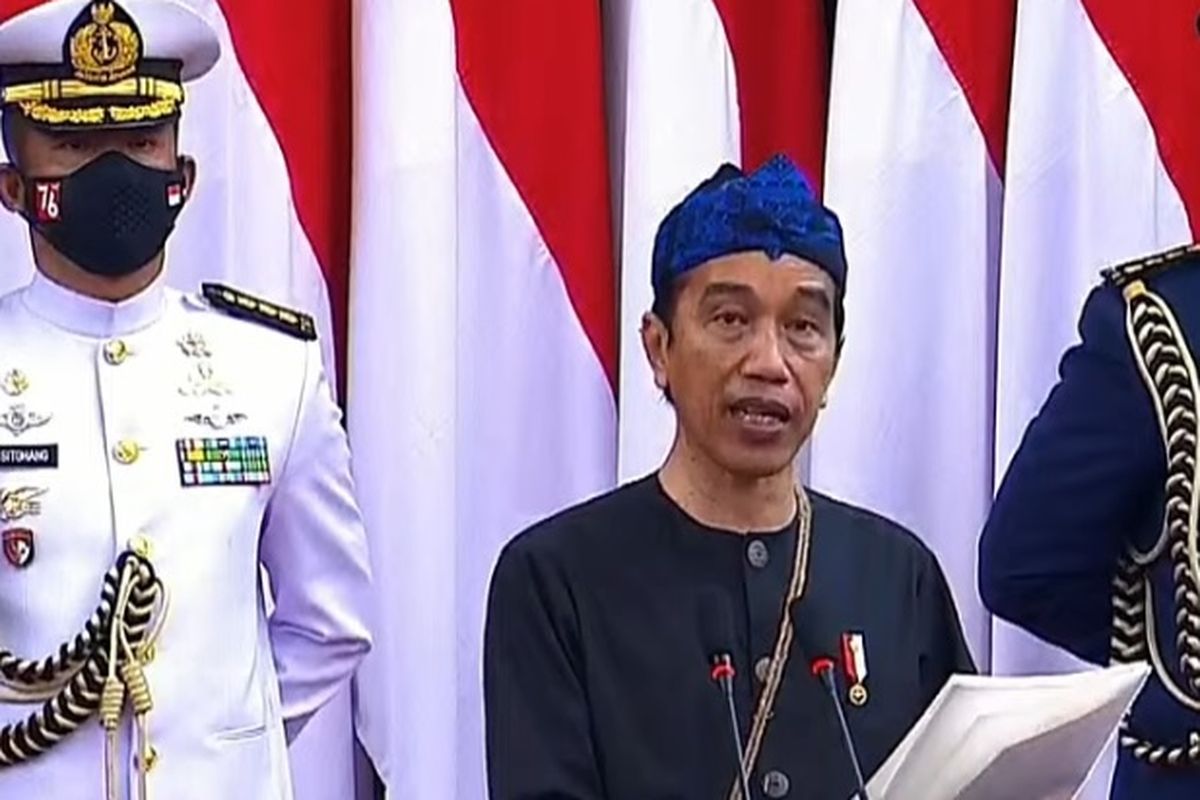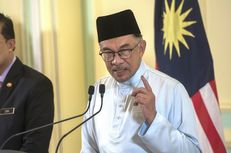Indonesia Focuses on Six Areas in 2022 State Budget

JAKARTA, KOMPAS.com – Indonesia has prepared for an expansive fiscal policy in 2022 to spur the social-economic recovery and improve the quality of the state budget by strengthening structural reforms.
“The government has set six main focuses on the 2022 State Budget draft bill (RAPBN 2022),” said the President in his annual state of the nation speech on Monday, August 16 at the parliament complex in Jakarta.
Jokowi, as the president is popularly known, said first and foremost Indonesia aims to continue the efforts to control Covid-19 while still prioritizing the health sector.
The government will also focus on maintaining the sustainability of social protection programs for the poor and vulnerable groups in the country.
Also read: Indonesia’s Economy Soars 7.07 Percent in Second Quarter
Jokowi went on to add that the government will strengthen the agenda for improving the people to produce excellent, integrity, and competitive human resources.
Furthermore, infrastructure development programs, improving technology adaptability, and strengthening fiscal decentralization to increase equal opportunity for welfare in all regions remain to be done.
“The government will continue to conduct budgeting reforms by implementing zero-based budgeting to push more efficient spending, strengthening the central and regional synergies, focusing on priority and results-based programs, as well as anticipating the uncertainties,” said Jokowi who was dressed in Indonesia's Baduy people traditional outfit.
The government has proposed a total of 2,708.7 trillion rupiahs ($188.3 billion) in the state budget plan for the 2022 fiscal year. This comprises the central government spending at 1,938.3 trillion rupiahs ($134.7 billion), while regional governments spending and village funds stand at 770.4 trillion rupiahs ($53.5 billion).
For the health sector, the government has allocated 255.3 trillion rupiahs ($17.7 billion) or 9.4 percent of the state budget plan. The budget aims to finance the handling of the Covid-19 pandemic, reform the healthcare system, accelerate reductions in child stunting, and continue the National Health Insurance (JKN) program.
Also read: Indonesian Minister of Finance Suggests 1 Million Daily Vaccinations to Jumpstart Economy
To help the poor and vulnerable people as well as to cut poverty, the government has proposed a social protection budget of 427.5 trillion rupiahs ($29.7 billion).
In the long term, social protection is expected to cut the chain of poverty. Therefore, to support the reform of the social protection program, Jokowi instructed all relevant officials to continue improving a database of poor and vulnerable people known as the Integrated Data for Social Welfare (DTKS).
The president also highlighted the importance of providing support to the job loss security program as mentioned in the Job Creation Act.
“To improve the quality of the implementation of social protection and the development of social protection schemes,” said Jokowi.
Meanwhile, in a bid to increase the productivity and the quality of human resources, the government has proposed 541.7 trillion rupiahs ($37.6 billion) to fund the education sector.
A budget of 384.8 trillion rupiahs ($26.7 billion) has also been allocated for the country’s infrastructure development, Jokowi said.































